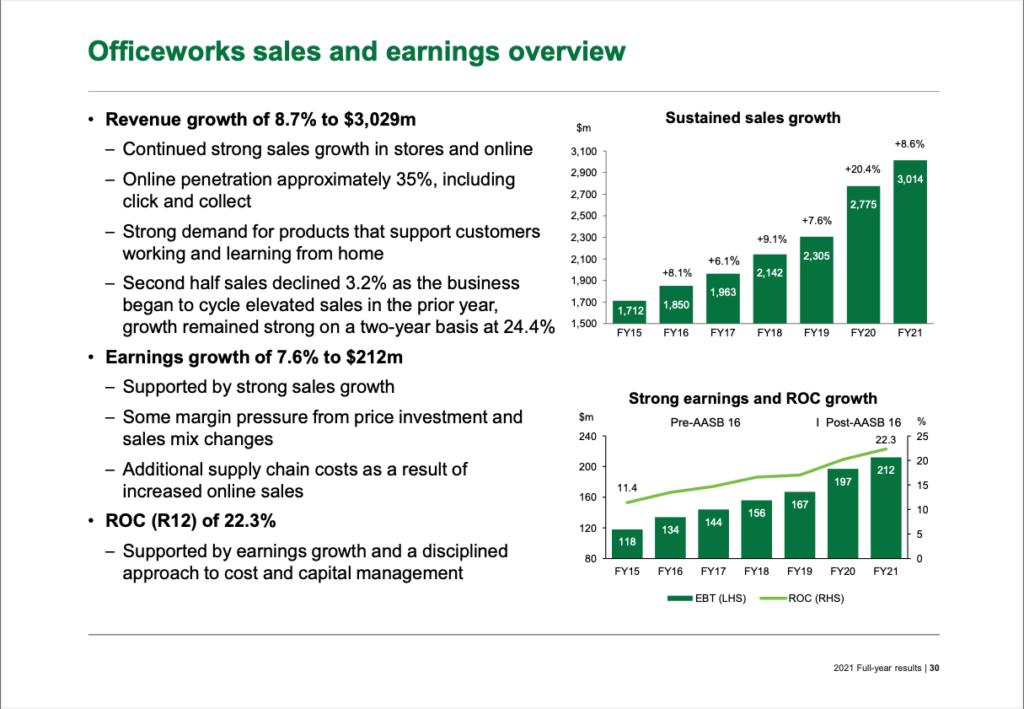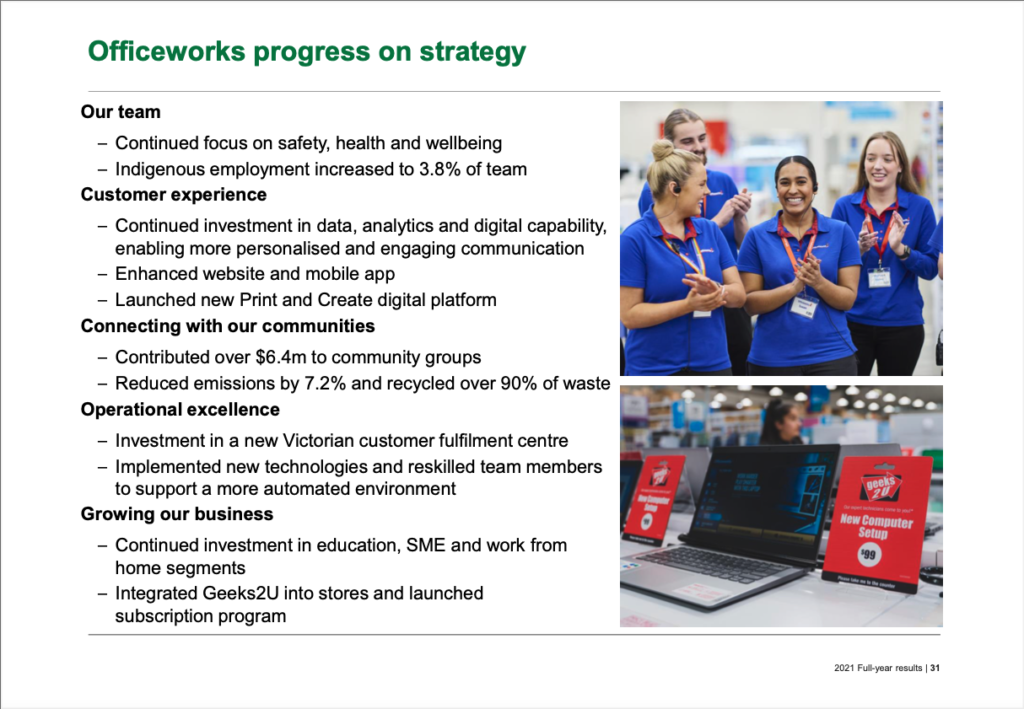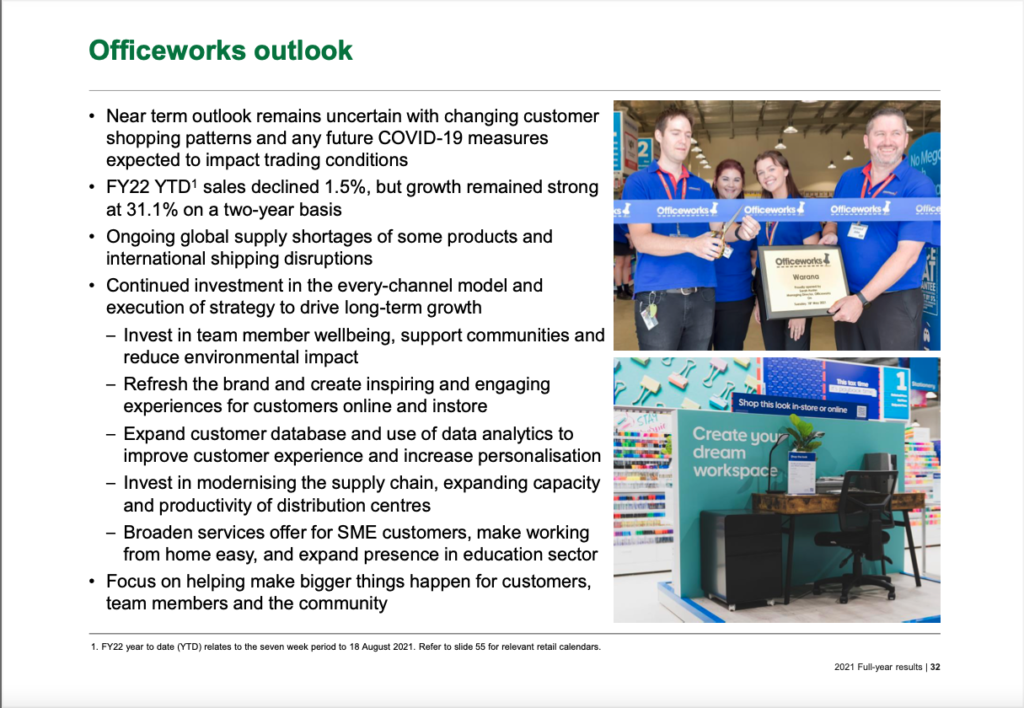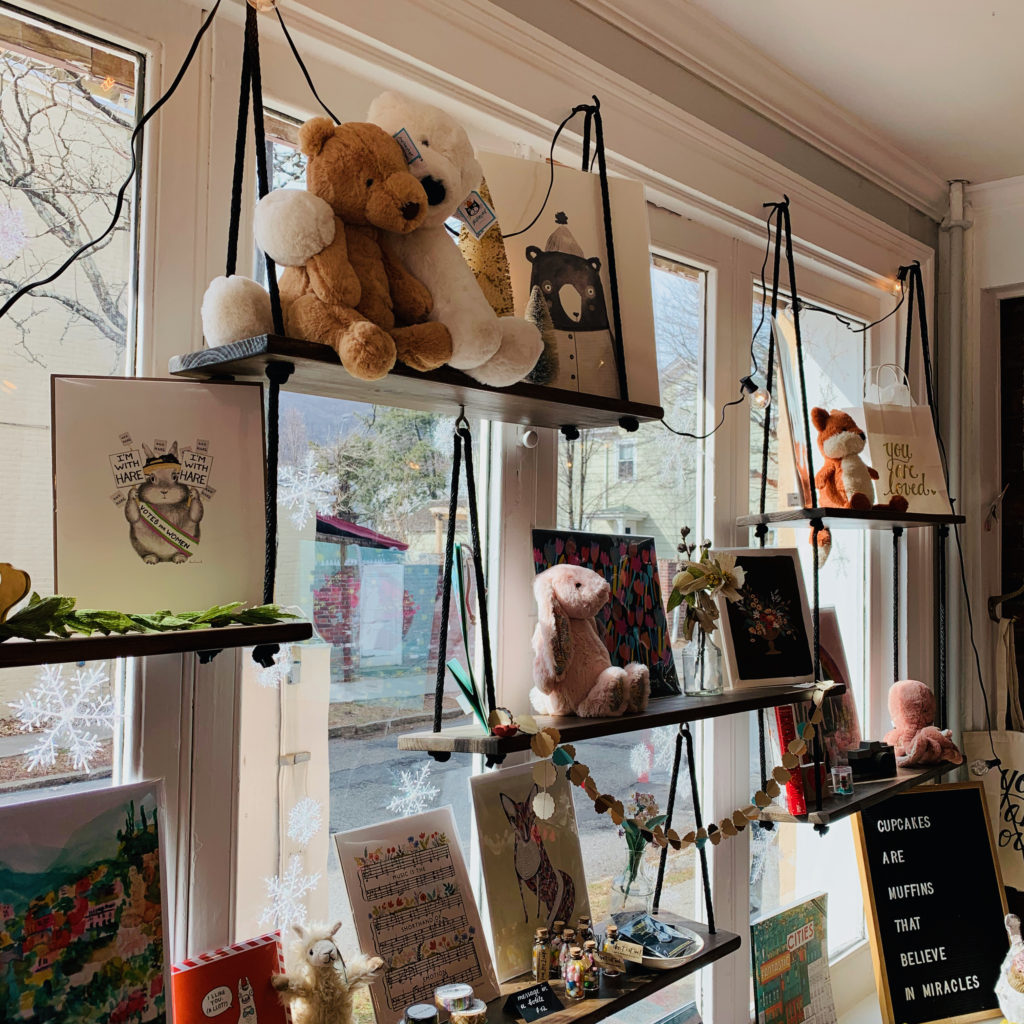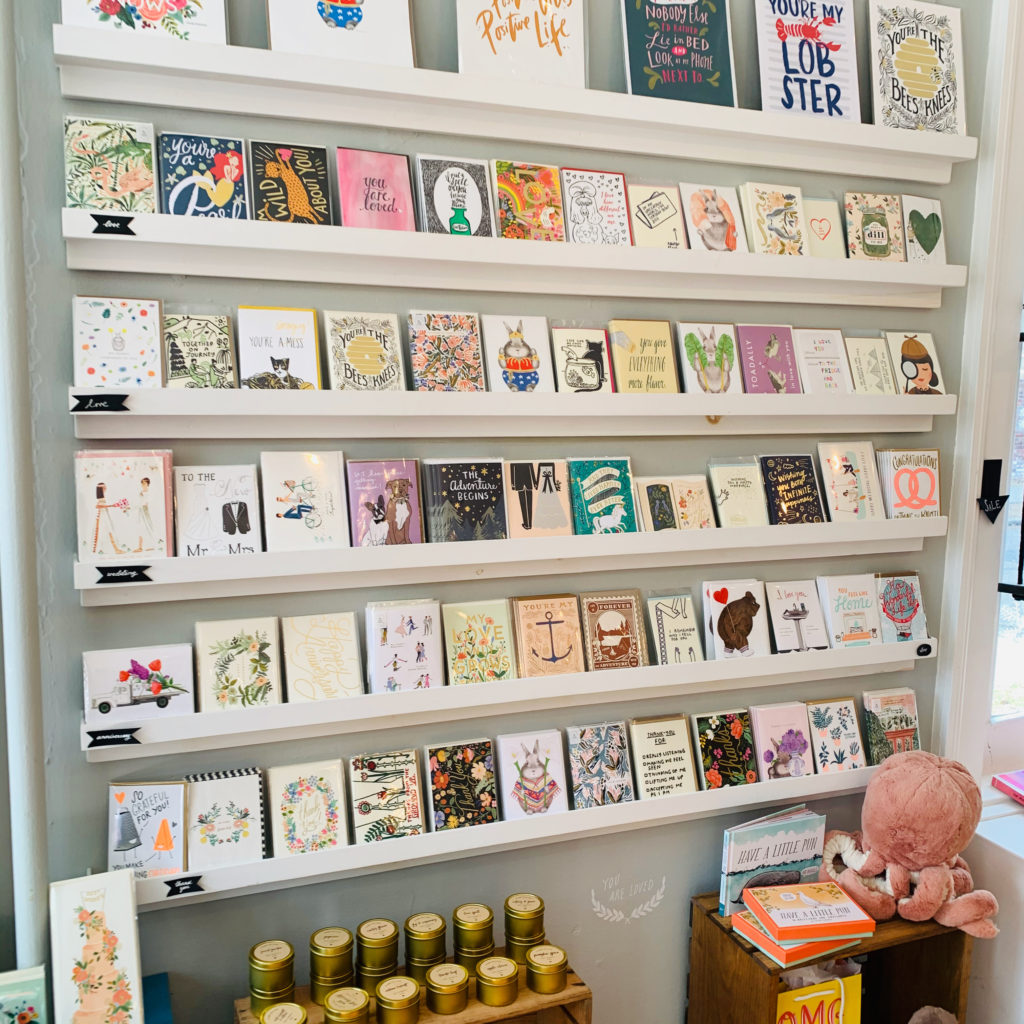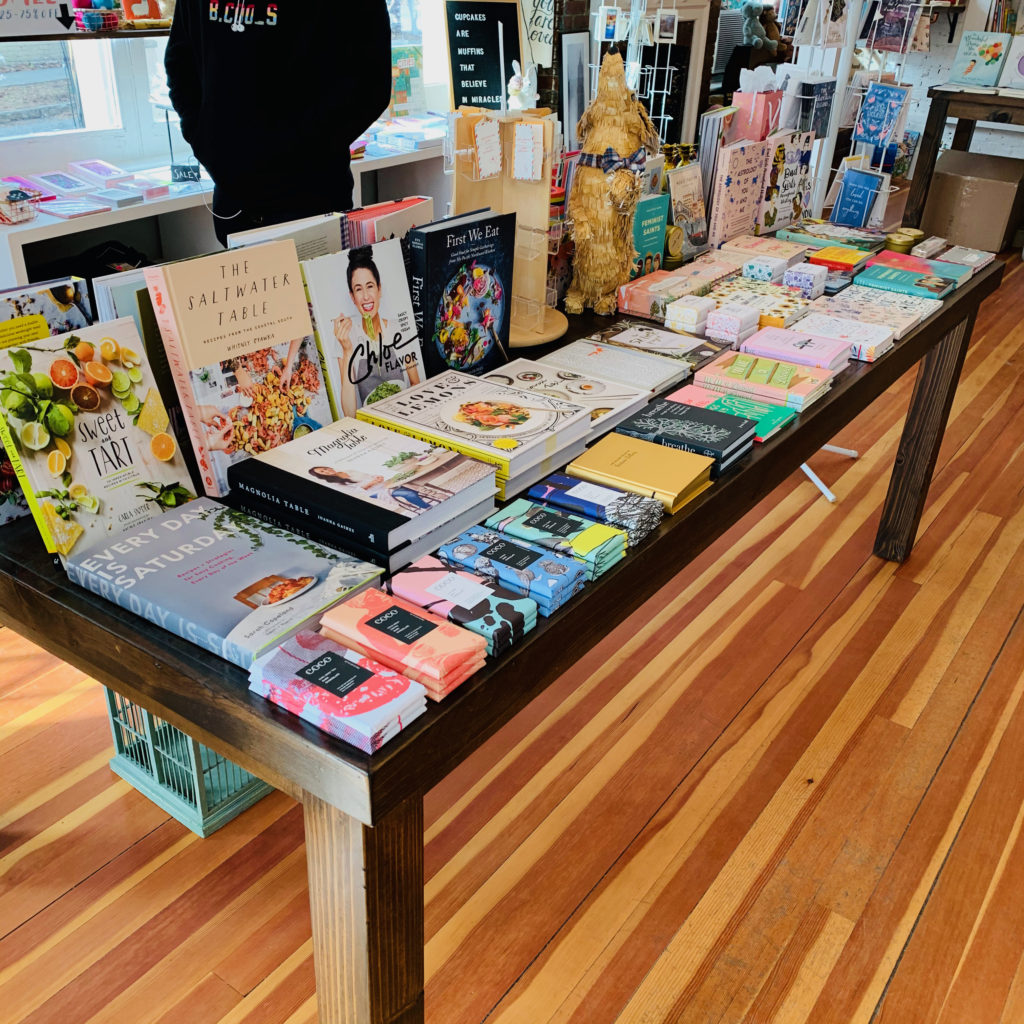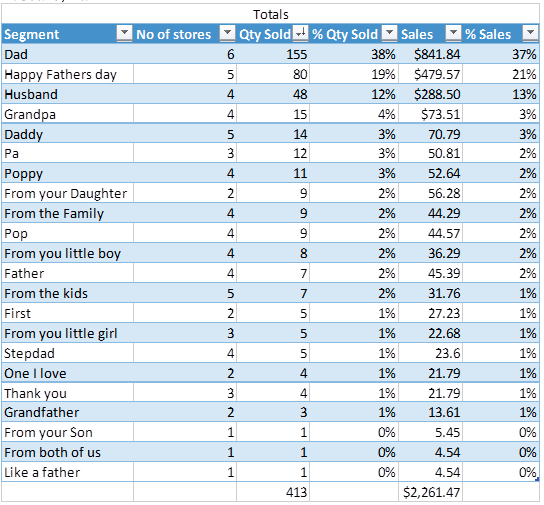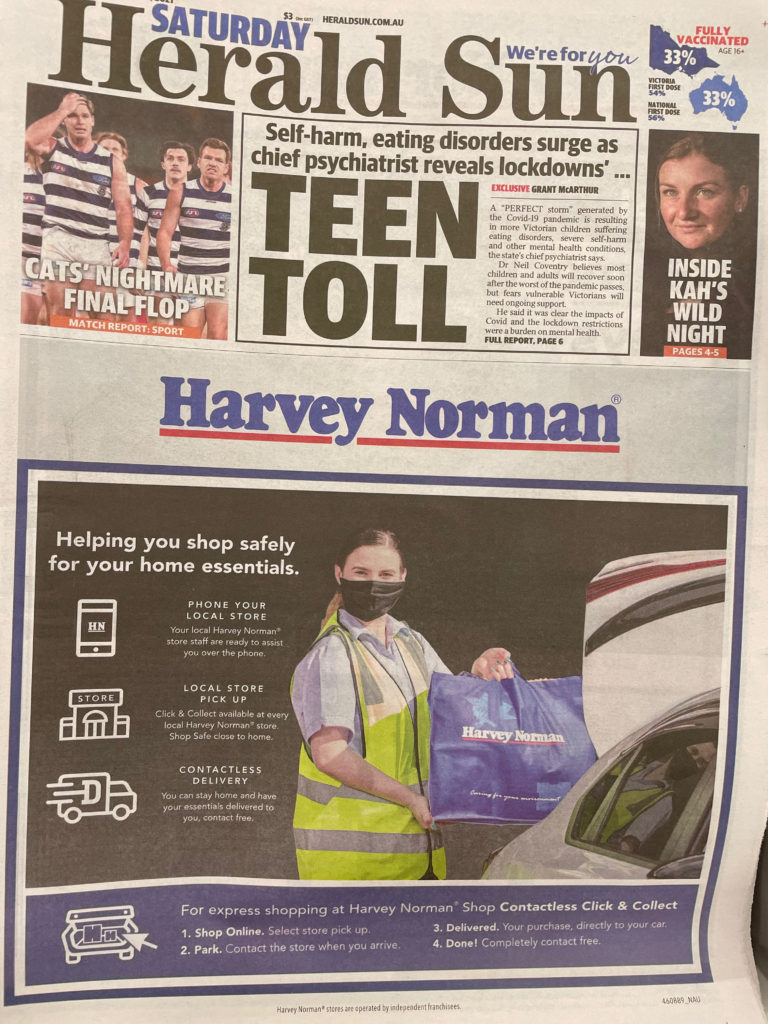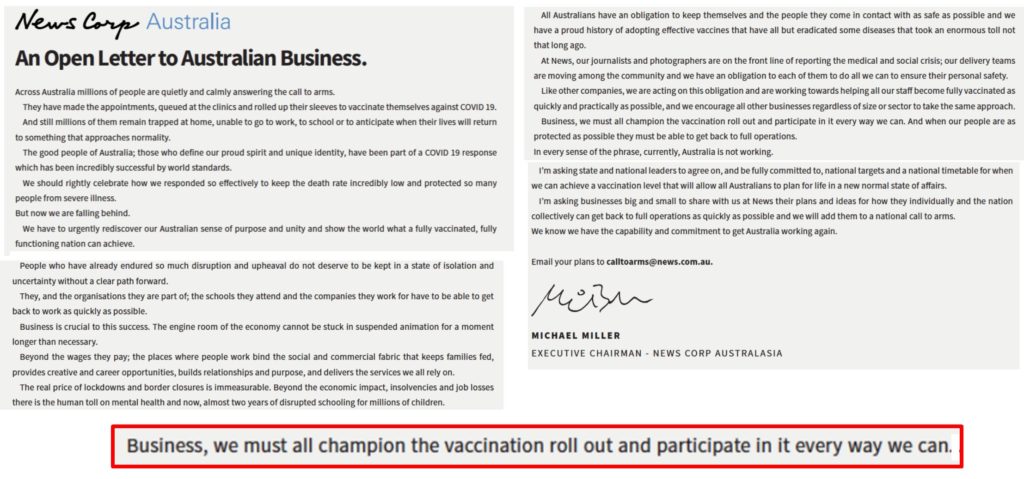Sensory key to sales success
- If you sell products with a scent, let customers smell them.
- If you sell products people can eat, let them taste them.
- If you sell products people can drink, let them have a sip.
- If you sell products for their feel, let people feel them.
Okay, this is basic retail advice. Yet, too often it is ignored. I tried this with a business recently. They sell fudge. Setting up a safe taste test option and sales took off, way beyond anything they had achieved in the past. I also tried it with a business that sells tea. They were struggling. the sip offer drove excellent sales. Finally, I tried it with a business that sells expensive candles ($75+). They had not lit one because of the cost. After they lit one, the candles started selling.
Even in this Covid world, retail is sensory. Engage with the senses and you will sell more.
My advice is take a look through your shop and embrace opportunities to engage with the senses. It’s easy, and should drive an immediate response from shoppers. And, yes, this even applies to things you have had forever, like the old Turkish Delight chocolate – people like it and remember it when reminded. Remind them with a taste offer.
Footnote: There are plenty of people telling newsagents right now that they can supply this or that for better margin. You cannot bank a percentage. You can only bank dollars. You make dollars from selling things. So, get the retailing right, the engagement right, and then work on the margin for the items you choose to sell.
